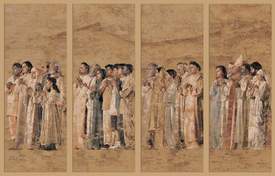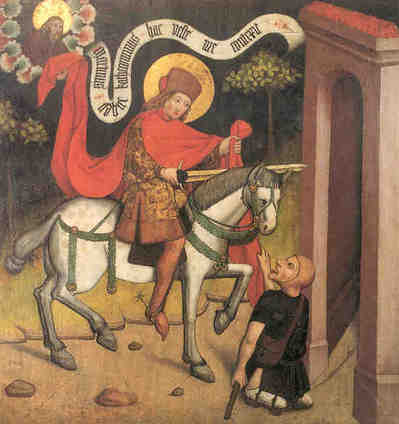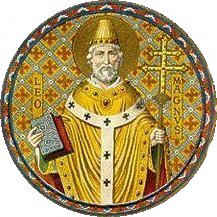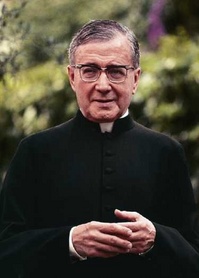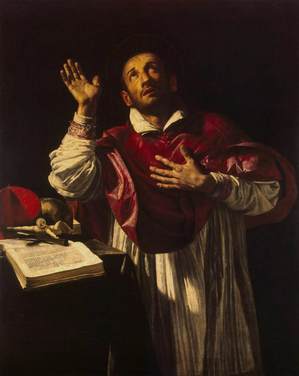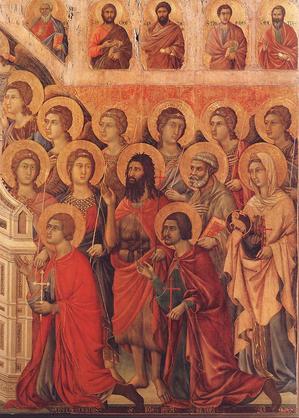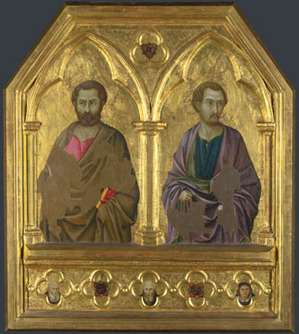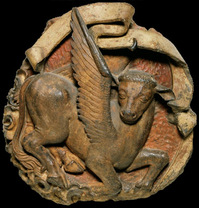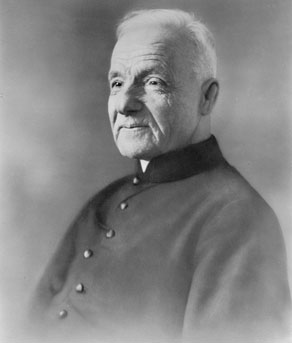Striving to preserve the unity of the Spirit.
Lord, fill Your Church with the Spirit that gave Saint Josaphat
the courage to lay down his life for his people. By his prayers may Your Spirit
make us strong and willing to offer our lives for our brothers and sisters.
God, you are the martyrs’ crown!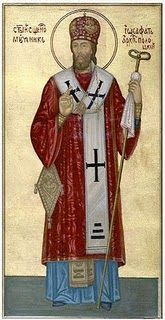
Hear the hymn we raise in gladness,
Praising good Saint Josaphat,
Who in midst of earthly sadness
Followed Truth, and Way, and Life,
Braving trouble, scorn, and strife.
Josaphat, a preacher bold,
Was a bishop strong and fearless.
In his love for all his flock
And his ardor, he was peerless:
“That in Christ we one may be”
Was his earnest, heart-felt plea.
Strong defender of his Church,
Lover of the Eastern teaching,
Faithful priest and leader true
Urged his people through his preaching,
And, by God’s mysterious grace,
Took in heav’n a martyr’s place.
God the Father, God the Son,
God the Spirit, hear our praises
With our hymns on this glad day;
Which your Church in glory raises.
With Saint Josaphat, in song,
Echoing the ages long!
J. Michael Thompson
Copyright © 2009, World Library Publications
78
78 77; GROSSER GOTT, or JESU MEINE ZUVERSICHT
